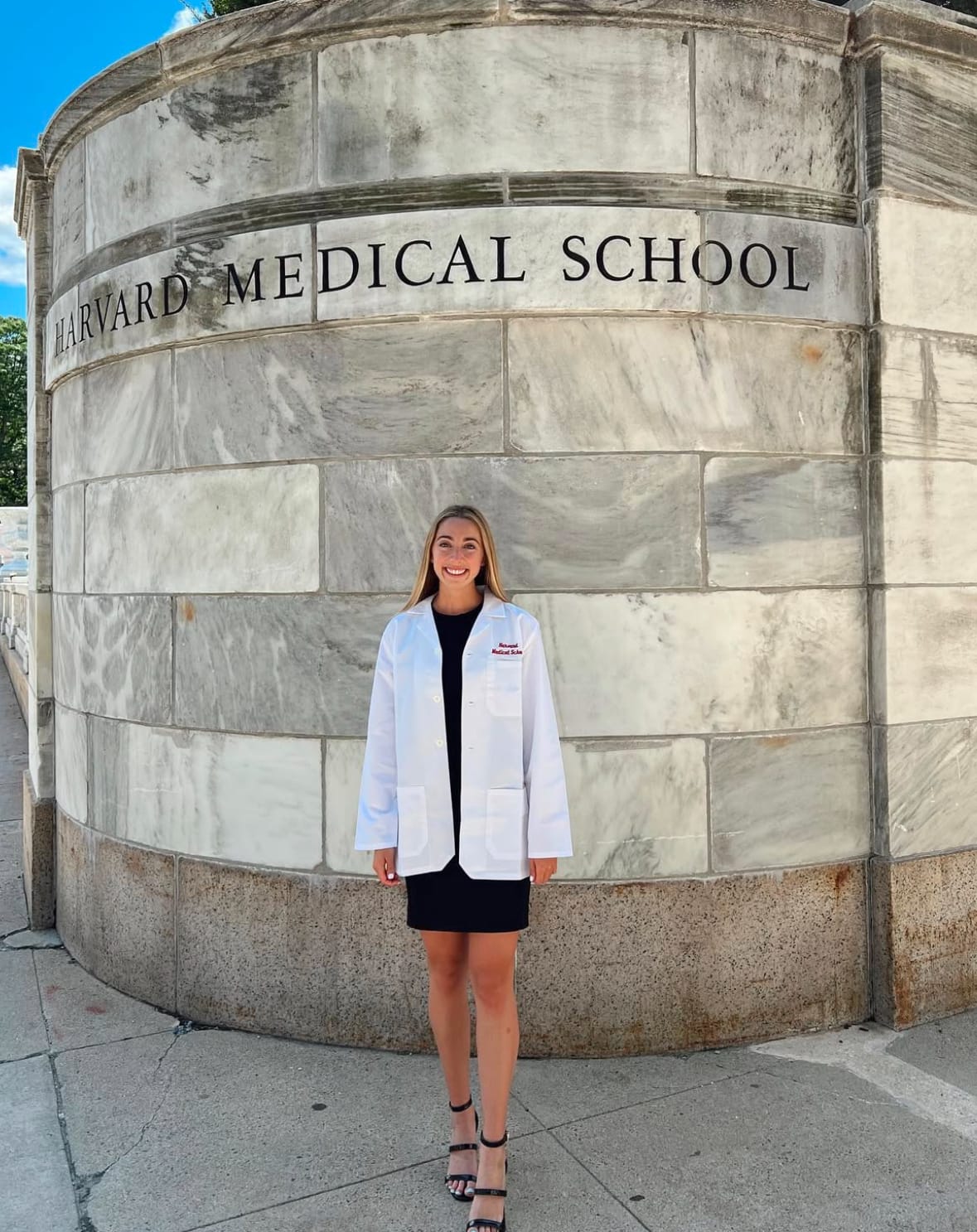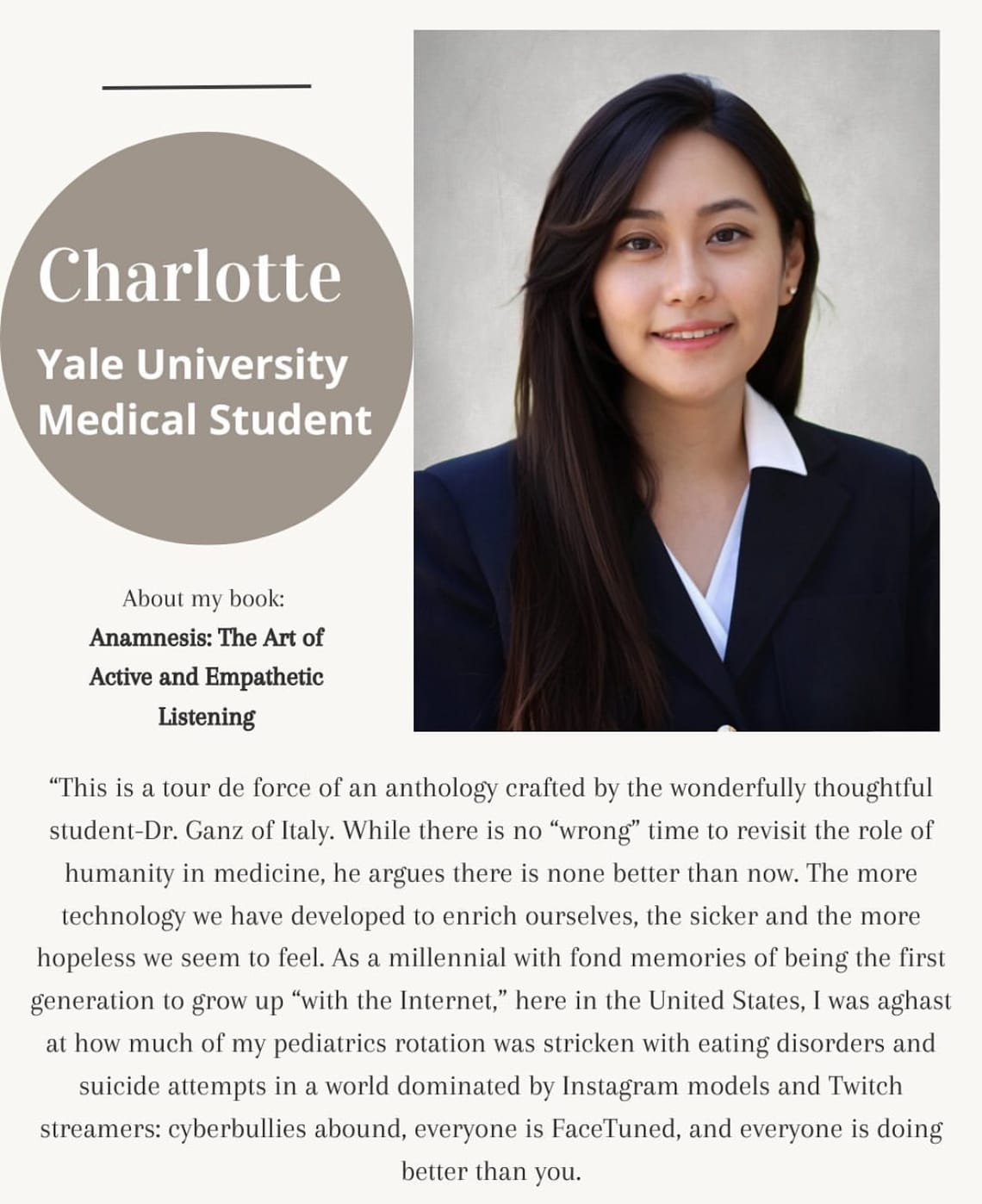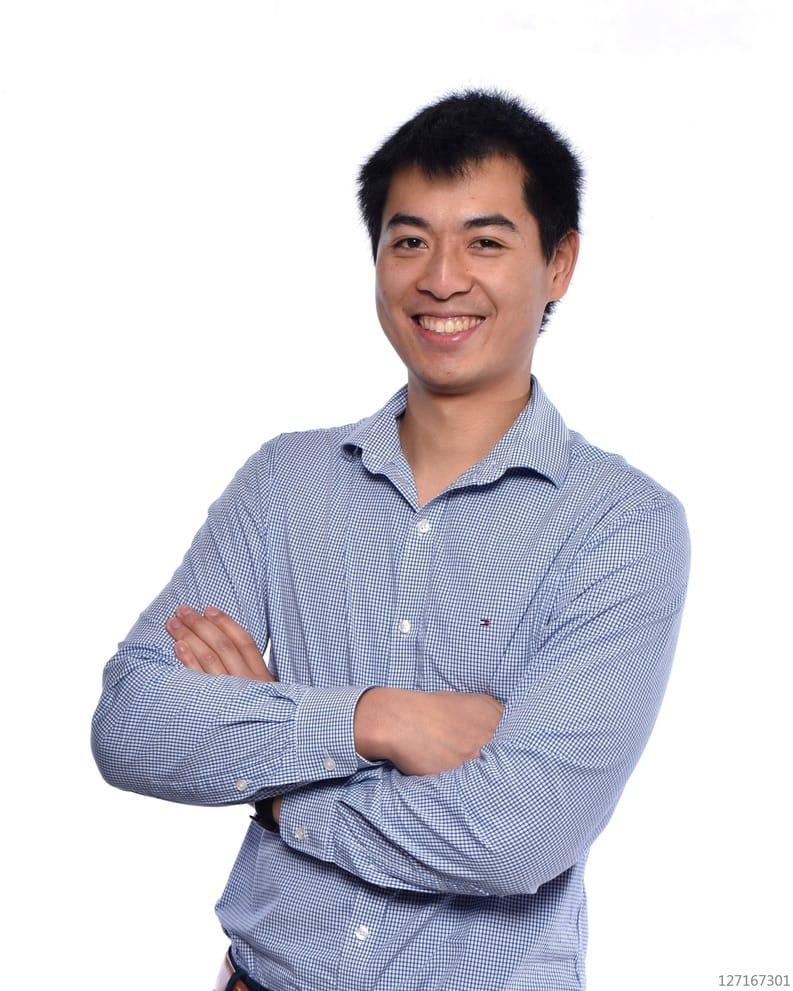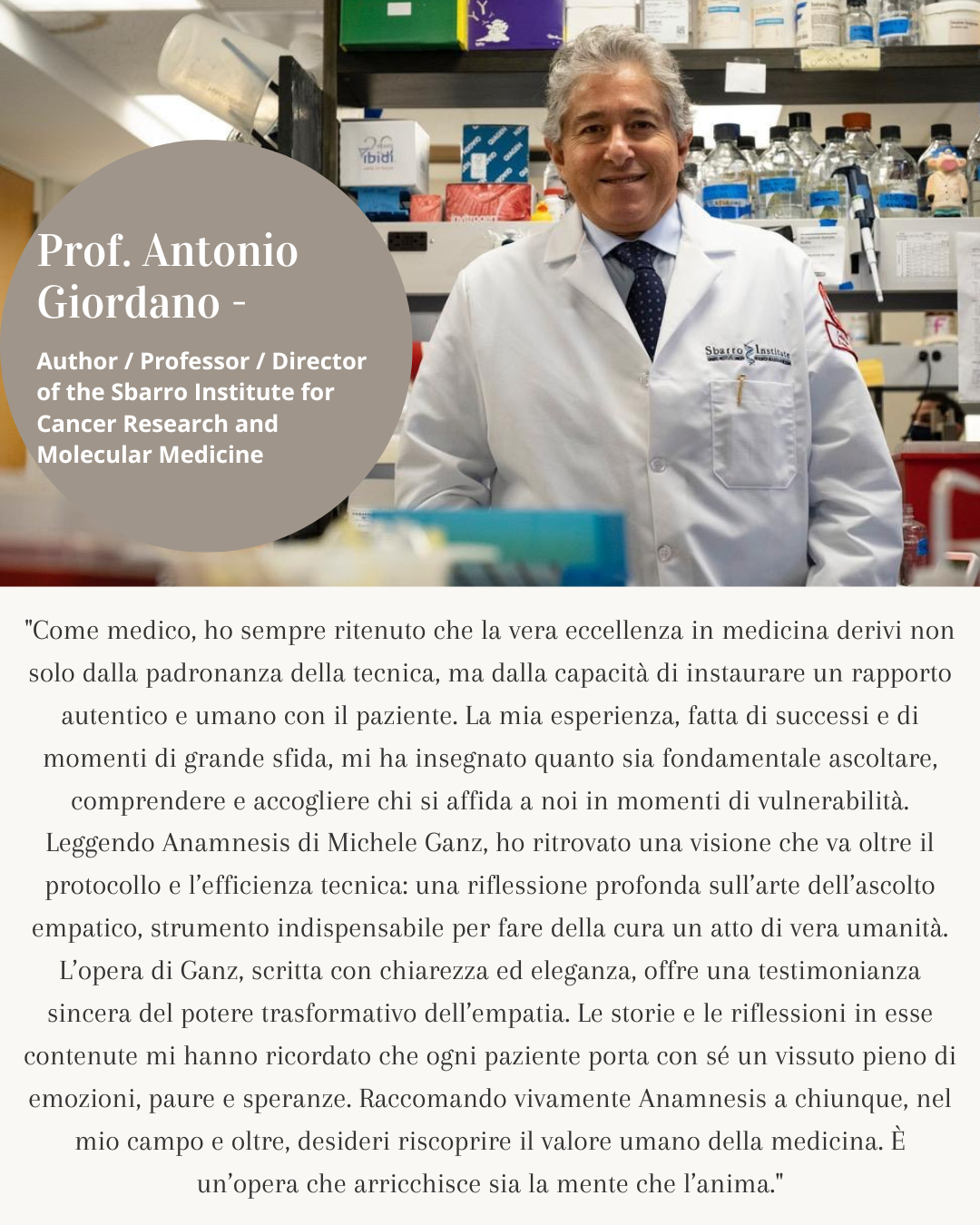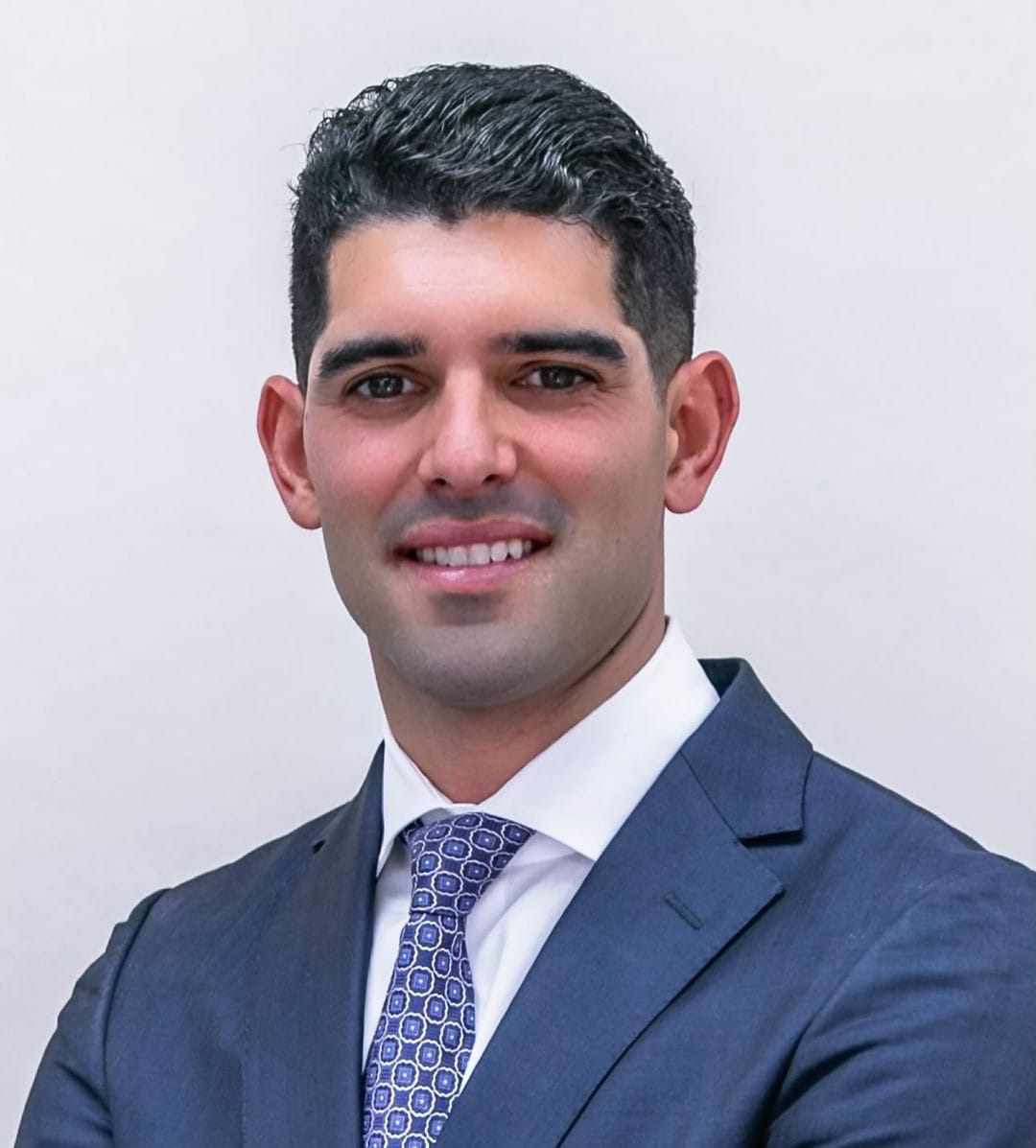Jordan Tralins, a medical student at Harvard Medical School, shared her experience with technology in medical practice today.
“When it comes to technology, especially AI, I’m optimistic. I see AI as a tool to enhance—not hinder—the patient-physician relationship. Imagine if AI could take on the more tedious aspects of our work: paperwork, data sorting, and record-keeping. That would free up time for us to be fully present with our patients, and to focus on the connection and care that matter most. Far from diminishing the human side of medicine, I think technology can strengthen it.
As technology evolves, I believe the doctor-patient relationship will only grow in importance. With AI supporting diagnostics and treatments, the human elements—empathy, trust, and effective communication—will become even more vital. Interpersonal connection is, and always will be, the crux of medicine. Technology should serve as a bridge, not a barrier, reinforcing the central role of connection in what we do.
Ultimately, I believe the virtues that guide us as physicians—connection, honesty, empathy, and partnership—stem from the unique privilege we have in caring for others. It’s a privilege to be trusted with someone’s health, and to contribute to their well-being. Those virtues come from that sense of responsibility and gratitude. For me, they’re the foundation of everything I hope to achieve in this field.”
